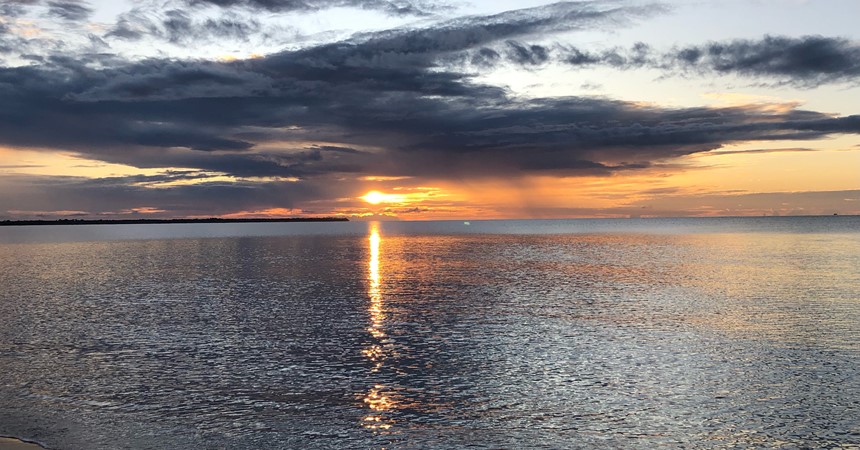I recently attended a conference on the ‘Synod on Synodality and Climate Change’ with the bishops of Oceania on the beautiful island of Fiji.
My two ‘take homes’ from the conference; Synodality is integral to the survival and salvation of all Christian communities and must offer better gender inclusion moving forward; and two, climate change is a call and a demand of the earth and ocean for greater protection, action and care.
The Pope launched the Synod on Synodality, in October 2021, as an invitation to the whole church, via a number of regional stages, to reflect on leadership which is inclusive, open, transparent, and overtly listening. This synodal process will culminate in 2024. As I reflect on the process of Synodality, I note that we are always a work in progress and we can always do better.
I also walked away from the conference with a greater sense of urgency that a global and personal response to climate change is demanded of me. It’s not just about governments or the global village, it’s about me and my response as well.
The oceans form one lung of the earth’s oxygen production and carbon assimilation. It works in much the same way as areas like the Amazon Rainforest. Two lungs for the life and re-generation of the planet. One doesn’t work as well without the other. Both need care.
Standing in the village of Togoru between, what was once, the town cemetery and the homes of the villagers themselves, was an eye opening experience. It is in that space you realise the true reality of climate change, in four or five years’ the village will no longer exist. The cemetery is only visible at low tide when the tops of the gravestones poke through the waves moving over them. Acres of the village have been consumed by the rising waters of the Pacific Ocean.
This village’s story is not unique, more communities across the Oceania region will be forced to relocate to other parts of their island home or to new regions in the Pacific. Nations such as Kiribati remain on a knife edge as the rising waters threaten the islands’ infrastructure.
Whether we believe in climate change or not, most agree that we cannot sustain the continued destruction of our natural resources or the polluting of our natural home as we have been doing. Governments must do more to find a better way to produce fuels and reduce emissions.
However, it is not just up to politicians.
We all play a significant personal role in saving the planet.
Being aware, informed and committed to reducing waste helps.
Creating less garbage, recycling more and using natural packaging more effectively, will assist in the care of the earth and ocean.
How and where we dispose of our waste should be a mindful and thoughtful commitment to sustainability long term, creating lasting change for future generations.
Follow mnnews.today on Facebook.



























































































